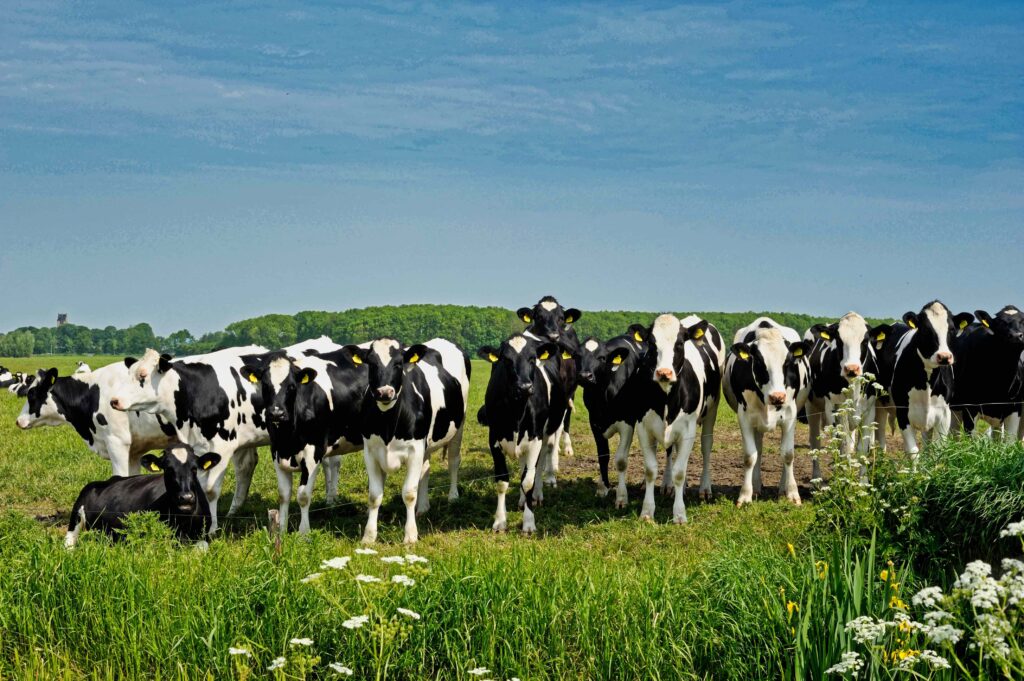
Quakers have become vegetarians for many reasons throughout history. Some Quaker abolitionists in the 1700s, for example, were deeply committed to vegetarianism as an integral part of their spiritual path at a time when vegetarianism was very rare in the broader culture, because they had a commitment to respecting all of God’s creatures. (Read more in this Friends Journal article on Vegetarianism in Quaker History.)
My focus in this post is on meat and dairy and its effect on the climate. As this NPR article says:
“For the environmentally minded carnivore, meat poses a culinary conundrum. Producing it requires a great deal of land and water resources, and ruminants such as cows and sheep are responsible for half of all greenhouse gas emissions associated with agriculture, according to the World Resources Institute.“
So, what is the solution?
The number one solution is for everyone to eat less meat and dairy. Make plant foods (vegetables, beans, grains) the center of your meals. The best support for this solution is that animal farming takes up 83% of the world’s agricultural land but delivers only 18% of our calories.
But some people claim that converting all farm land to vegetable crops for people would be unsustainable because livestock like ruminants (cattle, sheep and goats) can digest fibrous plant material that humans can’t eat, converting it into animal protein that we can. And two-thirds of the world’s agricultural lands are grazing lands, many of which are too steep, arid, or marginal to be suitable for crops.
A second solution is to shop for grass-fed meat, which comes from pasture-raised animals who live outdoors and eat grass their whole lives. (Look for a label that says “100% certified grass-fed”. Beware of meat labeled “grass-fed / grain finished” – that means the animals went to a feed lot for part of their lives.) The grass-fed movement is based on regenerative agriculture or holistic management, which holds that grazing is key to restoring ecosystem balance. The NPR article says:
“Returning cattle and other ruminants to the land for their entire lives can result in multiple benefits … including restoring soil microbial diversity, and making the land more resilient to flooding and drought. It can boost the nutrient content and flavor of livestock and plants. And because grasses trap atmospheric carbon dioxide, the grass-fed system can also help fight climate change. But it does require more land to produce the same amount of meat.”
Besides the reduction in land use with the feed-lot system, a number of past studies have found lower greenhouse gas emissions associated with this system. One reason is that grass-fed cows gain weight more slowly, so they produce more methane (mostly in the form of belches) over their longer lifespans.
This is a complex issue with no clear-cut answers. As an “environmentally minded carnivore”, it leaves me with a need to worship and discern my spiritual leadings – I ask myself:
What does it mean to live simply?
What entanglements in my lifestyle am I called to shed?
What changes in my diet does integrity require of me?



Great read! Thanks for the queries too Friend.
Permalink